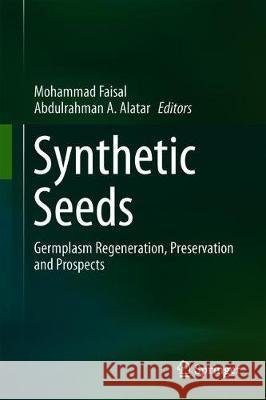Synthetic Seeds: Germplasm Regeneration, Preservation and Prospects » książka
topmenu
Synthetic Seeds: Germplasm Regeneration, Preservation and Prospects
ISBN-13: 9783030246303 / Angielski / Twarda / 2019 / 482 str.
Synthetic Seeds: Germplasm Regeneration, Preservation and Prospects
ISBN-13: 9783030246303 / Angielski / Twarda / 2019 / 482 str.
cena 697,18
(netto: 663,98 VAT: 5%)
Najniższa cena z 30 dni: 655,41
(netto: 663,98 VAT: 5%)
Najniższa cena z 30 dni: 655,41
Termin realizacji zamówienia:
ok. 16-18 dni roboczych.
ok. 16-18 dni roboczych.
Darmowa dostawa!
Kategorie:
Kategorie BISAC:
Wydawca:
Springer
Język:
Angielski
ISBN-13:
9783030246303
Rok wydania:
2019
Wydanie:
2019
Ilość stron:
482
Waga:
0.87 kg
Wymiary:
23.39 x 15.6 x 2.87
Oprawa:
Twarda
Wolumenów:
01
Dodatkowe informacje:
Wydanie ilustrowane











